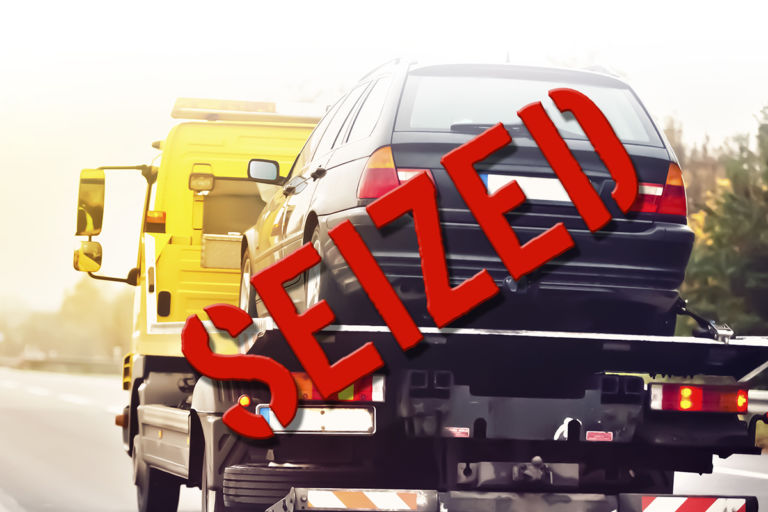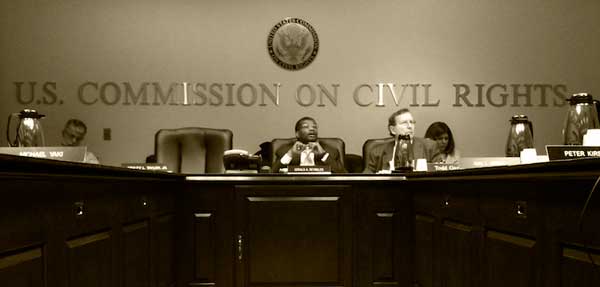Yes, the government has the power to take your property — even if you haven’t been convicted of a crime. Scott Bullock, president and general counsel at the Institute for Justice, discusses his group’s work to fight civil-asset forfeiture abuse. Bullock offered these comments during an interview for Carolina Journal Radio. WATCH here.
What power does North Carolina have to seize your assets?
Our Jon Guze explains that North Carolina ranks high on the list for states that protect its citizens from abuse. But that doesn’t mean we’re in the clear. Many North Carolina law enforcement agencies are participating in a federal program that allows them to profit from seizures by working with the feds. It’s called equitable sharing.
Participation in equitable sharing programs varies from state to state, and, as the Institute for Justice report cited earlier notes, there’s a pattern to the variation: “When civil forfeiture is more difficult and less financially rewarding under state law, law enforcement agencies turn to federal asset sharing instead.”21 This is what has occurred in North Carolina. Between 2007 and 2016, state and local law enforcement agencies in North Carolina collected more than $170 million in equitable sharing proceeds from the DOJ and Treasury.22 In per-capita terms, that number is higher than in most states, and it reflects the fact that North Carolina law enforcement agencies have been particularly aggressive about using equitable sharing to supplement their taxpayer-approved funding. As a result, the Institute for Justice ranks North Carolina among the very worst states when it comes to federal asset sharing.23
If you care about civil liberties — and we hope you do — this practice should alarm you. We’re urging North Carolina lawmakers to curtail participation in equitable sharing, and we ask you to join us in the fight to protect those who haven’t been convicted of a crime from this type of asset seizure.


